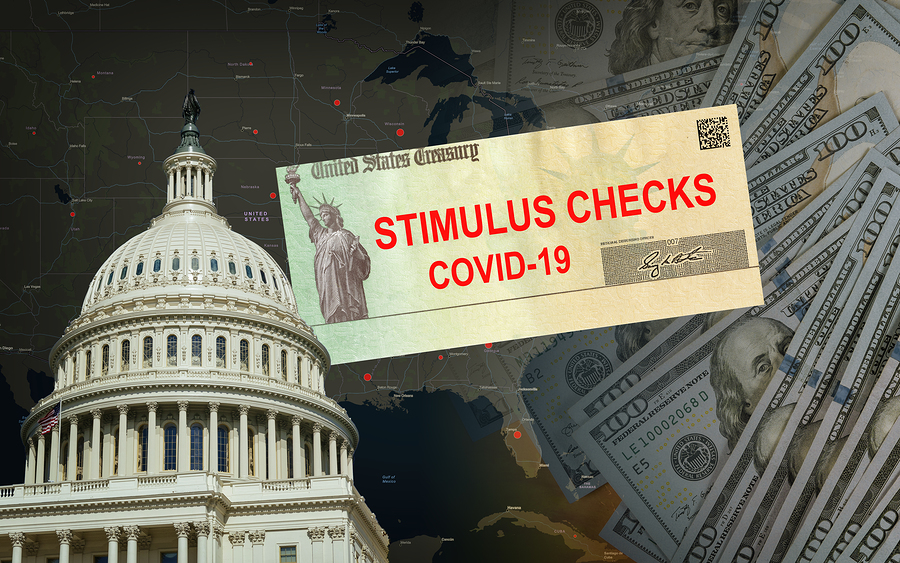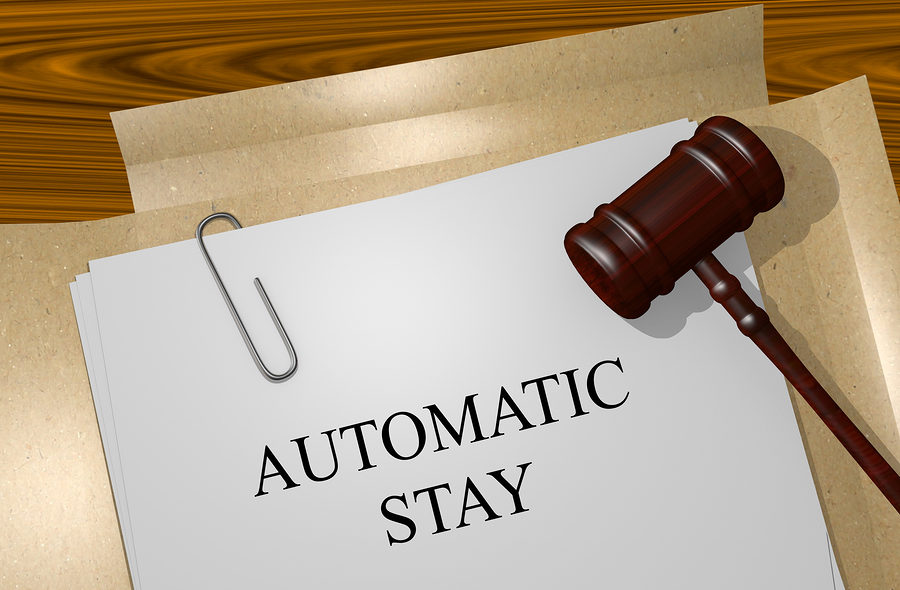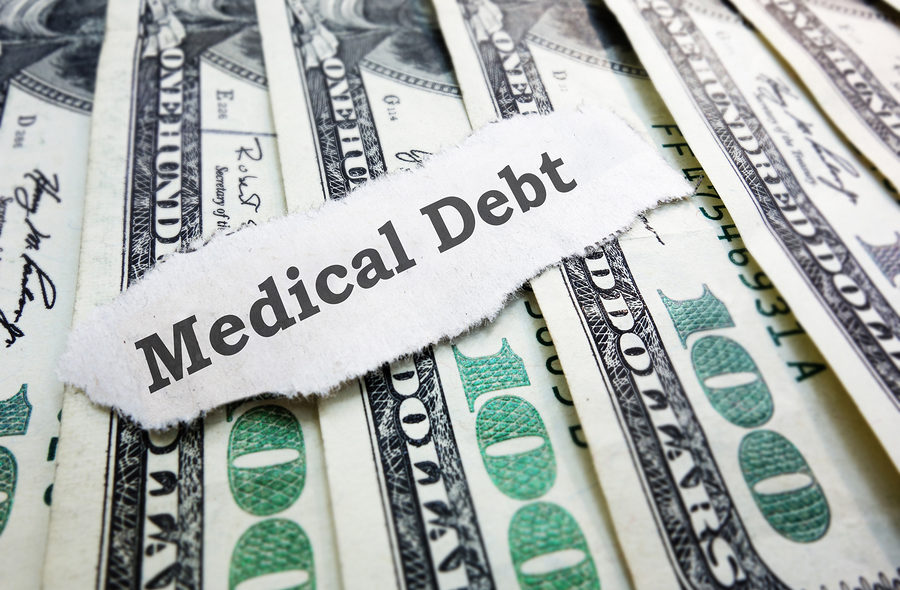Many different factors play into why a person decides to file for bankruptcy. For many consumers, the cost of healthcare and staggering medical bills play a major part in why they file bankruptcy.
According to a recent report published by the American Journal of Public Health, 66.5 percent of all bankruptcies are related to medical debt, whether it be the cost of medical care or the time away from work required due to the injury or illness. The study reviewed court filings for a random sample of 910 Americans who filed for bankruptcy between the years 2013 and 2016. They found that 530,000 families file for bankruptcy annually due to either a medical issue or medical bills.
Medical bills often come at a completely unexpected time, which is a big reason why they play such a major role in personal bankruptcy. The cost of medical care is high enough as it is, and it only takes one major medical crisis to set someone back thousands of dollars. When a person is already living on a limited income to pay for basic living expenses, these unexpected medical bills can put him or her in a serious bind. If a major medical crisis also leads to the loss of a job or if the person is under-insured, the results can be even more devastating. Even if someone does have savings, one trip to the hospital could quickly deplete that account.
Medical expenses were not the only reason people filed for personal bankruptcy. The study also reported that 45 percent surveyed cited not being able to afford their mortgages as their reason for filing. Other factors also included student loan debt, a major life event, such as a divorce or job loss. Many consumers reported a combination of two or more of these factors as a leading cause of why they filed for bankruptcy.
Other factors that played a role in personal bankruptcy filings had to do with the location of the filer. The report showed that someone who lives in a larger, metropolitan area is more likely to fall behind on their basic living expenses when compared to someone else who lives in a more rural part of the country. Additionally, medical debt statistically is more common in certain areas of the country when compared to others.
The filer’s age and stage of life also plays a role the reason behind filing for bankruptcy. The number of bankruptcy filings for individuals between the ages of 18 and 54 declined between 1991 and 2016. However, bankruptcy filings have gone up for individuals over the age of 55. In fact, the number of individuals over the age of 65 who filed for bankruptcy have tripled since 1991. Many filers in this age group attributed the cost of healthcare as to why they filed for bankruptcy.
The good news is if medical debt does make up a large part of the total debt the filer is carrying, this category of debt is considered unsecured and can be discharged in a Chapter 7 or Chapter 13 bankruptcy case. Unsecured debt is debt that is not otherwise tied to an asset, including credit card and medical debt. Rather than struggle with paying medical bills for too long, a consumer who finds himself or herself in a troubling financial situation due to a medical crisis should consult with a bankruptcy attorney to see if bankruptcy is a good option for him or her.
How is Medical Debt Handled in Bankruptcy?
In bankruptcy, medical debt is treated the same as credit card debt. Medical bills are listed as general unsecured debt and can be easily wiped out in a Chapter 7 bankruptcy filing. Making the decision to file for bankruptcy is never an easy one. It can be difficult to get past some of the myths associated with filing for bankruptcy. Sometimes by waiting, an individual facing a lot of debt can find himself or herself in an even worse situation. Filing for bankruptcy can help protect valuable assets, including your home, car, IRA and social security. It will put an end to wage garnishment and any lawsuit being filed to collect on the debt, thanks to the protections of the automatic stay.
Those who have experienced illness or injury and found themselves overwhelmed with medical debt should contact an experienced Miami bankruptcy attorney. In bankruptcy, medical bills are considered general unsecured debts just like credit cards. This means that medical bills do not receive priority treatment and can easily be discharged in bankruptcy. Bankruptcy laws were created to help people resolve overwhelming debt and gain a fresh financial start. Bankruptcy attorney Timothy Kingcade knows how to help clients take full advantage of the bankruptcy laws to protect their assets and get successful results. Since 1996 Kingcade Garcia McMaken, P.A. has been helping people from all walks of life build a better tomorrow. Our attorneys’ help thousands of people every year take advantage of their rights under bankruptcy protection to restart, rebuild and recover. The day you hire our firm, we will contact your creditors to stop the harassment. You can also find useful consumer information on the Kingcade & Garcia website at www.miamibankruptcy.com.
Source: https://www.businessinsider.com/causes-personal-bankruptcy-medical-bills-mortgages-student-loan-debt-2019-6




